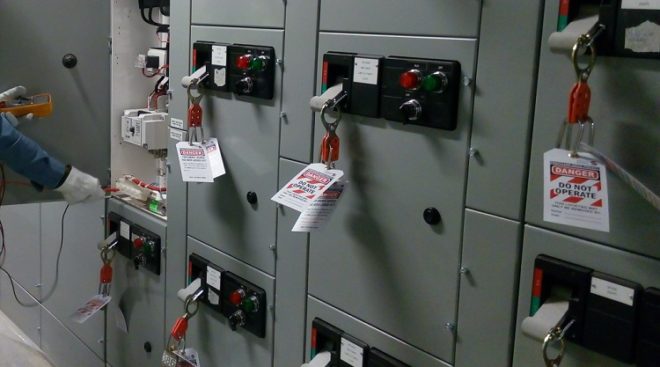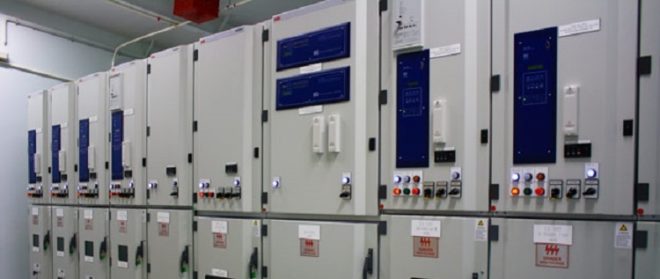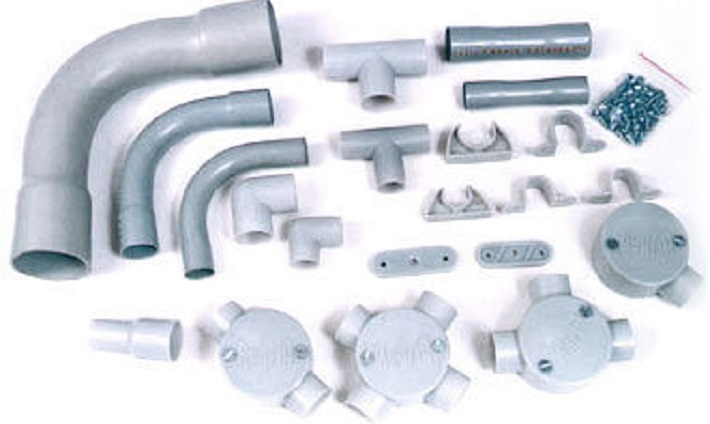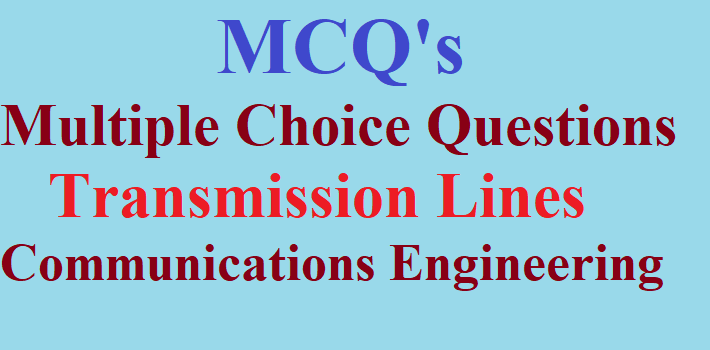On this page you can find information about the circuit breaker types or classification by the interrupting medium used i.e. oil, air, vacuum or gas etc. Oil Circuit Breakers Oil has an excellent dielectric strength which enables itself not only to be
Read More
What is Circuit Breaker? Electrical circuit breaker is a switching device which can be operated manually or automatically for controlling and protection of electrical power system respectively, it is a mechanical switching device, capable of making, carrying and breaking currents under normal
Read More
In this article we shall learn about the light bulb types which are commonly used in the world. The electric lamps commonly used are incandescent lamps that were invented by Thomas Alva Edison and Joseph Swan in nineteenth century. Humphrey Davy created
Read More
This document defines the methods to be used to ensure that the electrical works to be conducted at a project site are in compliance with the approved designs and approved materials. The method of statement covers the procedure for Material Delivery Inspection,
Read More
The purpose of this method is to highlight safe working practices for electrical isolation which is similar as lock out tag out. Operators must wear necessary PPE as required by local conditions and task specific risk assessment. Before start of the electrical
Read More
Below you can find MCQ’s or Multiple Choice Questions related to the Transmission Lines in the field of Communications Engineering. Correct answers are in red & bold font. 1. What determines the velocity factor in transmission line? a) The termination impedance b)
Read More





